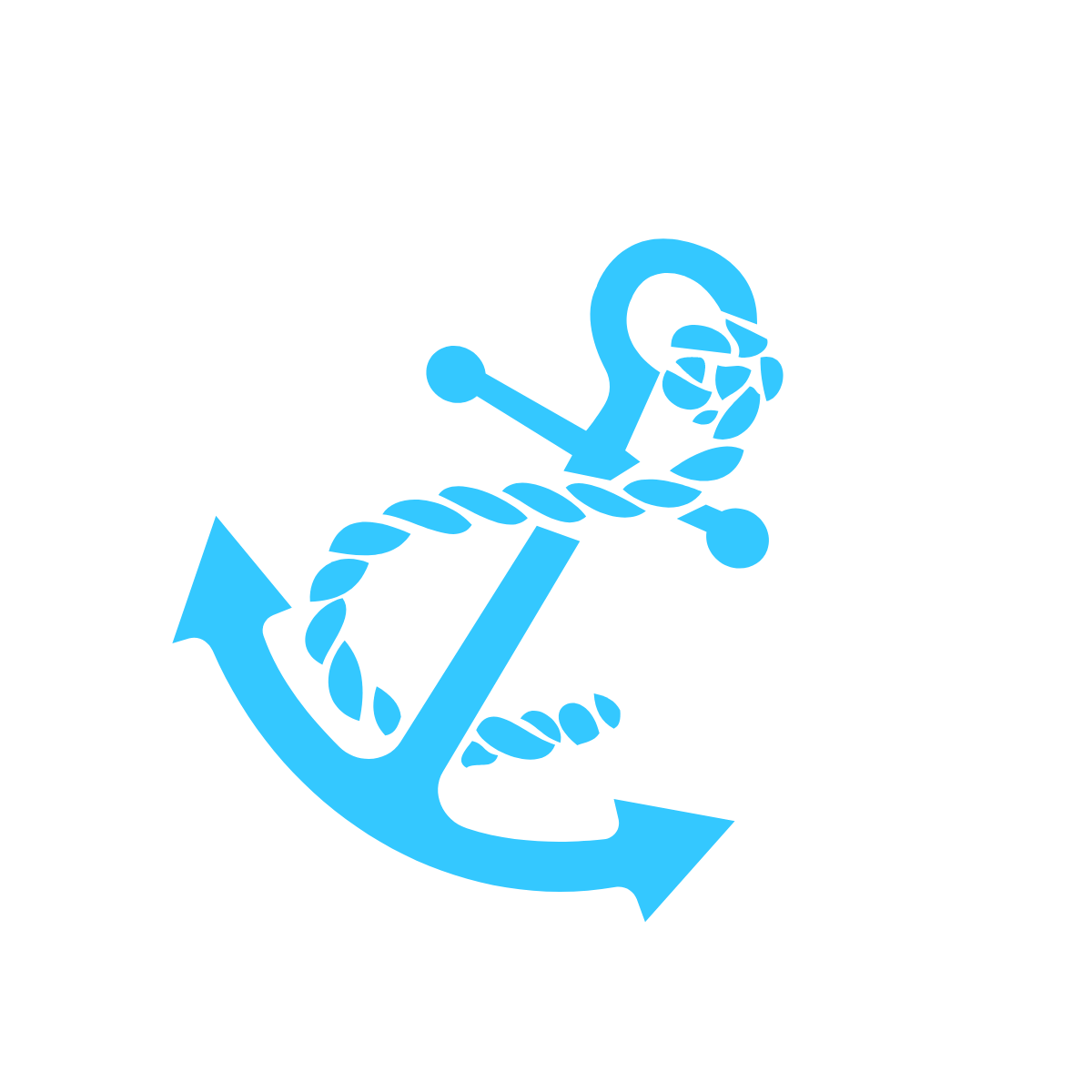This morning, I read an interesting article by Prof. Dr. Désirée van Gorp about how large tech companies dominate across sectors but other ‘young dogs’ can also play. Although about tech, the article is relevant to any international business. It echoes Simon Sinek‘s point (and I like that because it means knowledgeable people are saying the same thing, which I trust more than one individual’s opinion). It links nicely with stake (not share) holders analysis (see work by my colleague Andrea Werner).
It also refers to deeply ingrained paradigms, which links to values and how we do things (which is what I teach). From what some of my MBA and MA students describe, a HQ may be located in one country (eg USA) but it tries to adapt to local markets/subsidiaries and if you’re a global business this isn’t easy. At a time when the outside world is uncertain too, clear guidelines on the organisational strategy (and the ‘why’) can help. Linked to this our study that showed that in countries where there’s instability and uncertainty, organisations may ‘buffer’ this when they have clear rules and policies, which can foster innovative and collaborative behaviour.
In the brief article in Dutch, Prof. van Gorp from Nyenrode Business University gives a few insights and examples and so I took these words and translated them with the help of Google Translate.
It seems that companies exist by the grace of rapid changes. Especially international tech giants compete in different sectors and many still underestimate the strength of these global challengers. They think that the ‘Seven Sisters’ – including companies like Apple, Amazon and Google – are in control.
“Lesson one is: think big and different. The sales area of these tech giants, but also of other new challengers such as Tesla, is by definition the world. In addition, their mission is often based on ideals, which is important for attracting and retaining talent. For example, Google has the mission to organize all information worldwide and to make it universally accessible and usable. The engine of growth for these companies consists of innovation, attracting young talent and quickly responding to changes. That is crucial, because it is the only way to be future-proof.”
Appealing story
“Communication gets a new dimension: the big challengers tell their story with verve, so that their customers also feel part of the meaningful ecosystem. Consumers are also merciless when the ambitions are experienced as insincere, as Facebook has recently experienced. The concrete actions and policies of companies must fit one-on-one with the message. When this is applied in perfection, this way of adding value brings success. Companies thus form a magnet for young talent. This is essential to be close to the market and to respond quickly to changes.”
Thoughtfully digital
“Mammoths like Apple and Alibaba are sailing smart applications of digital innovations. Not only do the tech giants benefit from this. Look, for example, at Burberry and its seamless alignment of off-line and online offerings, resulting in a total customer experience. It turned out to be the salvation of the ailing fashion company.
“Moving along and daring to let go of deeply ingrained paradigms if necessary is the only motto.”
The platform in general offers innovation opportunities for smaller players. They can collaborate with public and private parties to create more value for different stakeholders. A water sports company, for example, has an interest in clean water that is not full of plastic waste. Clean water can contribute to a better customer experience. In order to achieve this, the company can seek cooperation with other partners who have the same interest, and with whom they can create an ecosystem together.”
Guts
“Finally, big challengers stick out their necks when they discover sector-alien directions. They do that amazingly well. Many think of fintechs, the young dogs, among competitors in the banking industry. But outsiders like Amazon seem to have the best cards. Innovation is important to be and remain relevant in the future. In this way DSM has innovated from being a mining company through bulk chemicals manufacturer to producer of high-quality ingredients and raw materials for the food sector, pharmaceutical manufacturers and the automotive industry. The condition is that such a company dares to invest heavily in new markets that do not immediately generate money. The big challengers represent the new reality of business management. It is a fatal misconception to think that it is a far-from-my-bed show, i.e., it’s not relevant to you. Moving along and daring to let go of deeply ingrained paradigms if necessary is the only motto.”









